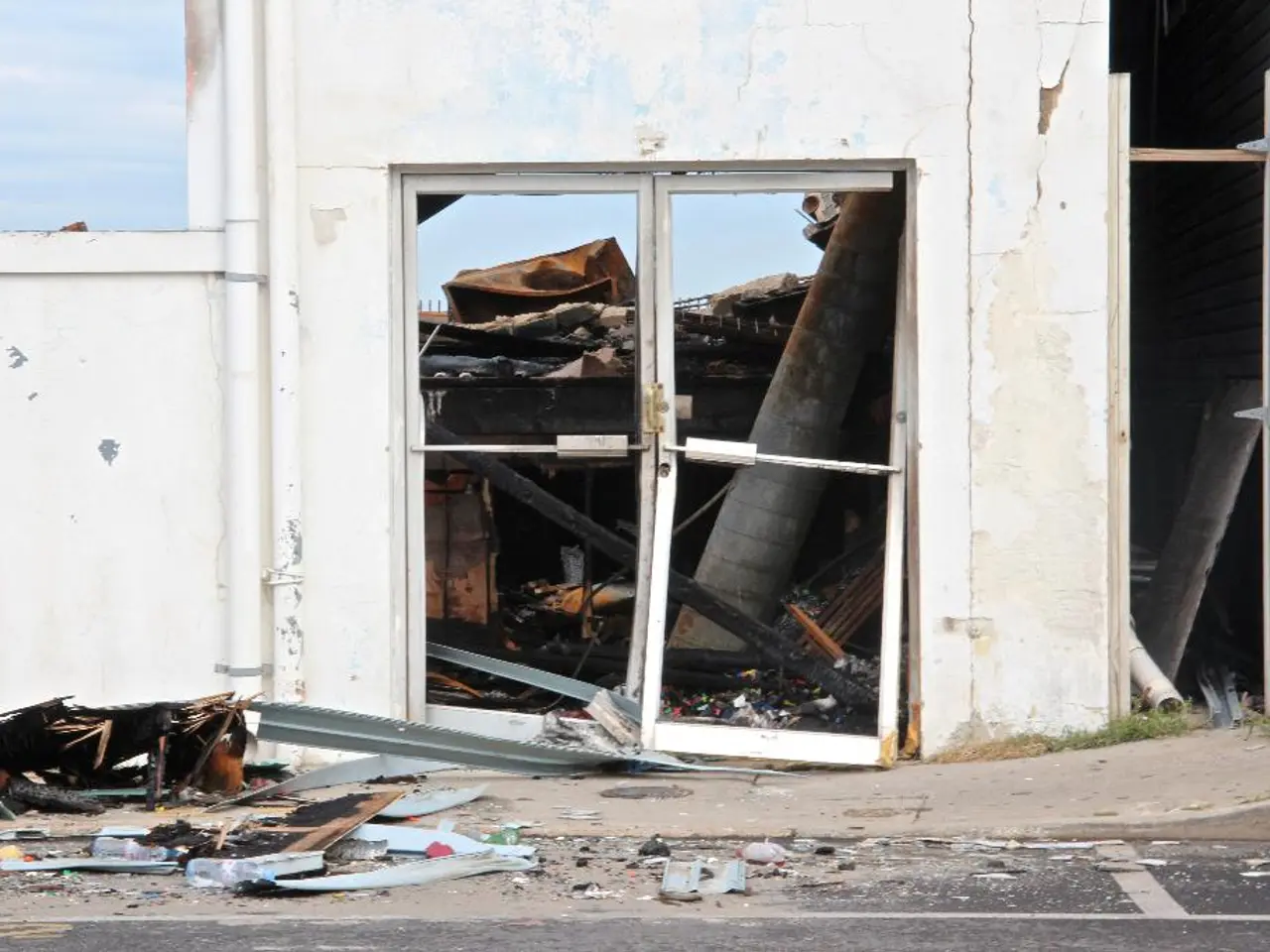Escalating issues in Paris: Outcomes following the collapse of the administration
France is currently navigating a political crisis, following the fall of Prime Minister François Bayrou's government after barely nine months in office. The crisis may have significant implications for the country's economy and foreign policy.
President Emmanuel Macron has appointed Defense Minister Sébastien Lecornu as the new Prime Minister of France. This change comes as a significant defeat for Macron, marking his second prime minister failure in a row. The political crisis could lead to a delay in budget plans and potentially push foreign policy issues, such as Ukraine aid, into the background.
The government collapse does not have immediate implications for France's finances, but the political uncertainty may impact economic stability. The debt repayment installments threatened to become the largest budget item, even before education or defense expenditures, according to the prime minister. The political crisis in France may weaken austerity efforts, potentially having negative effects on the interest burden of new government bonds and the French economy.
The upcoming change of government is not expected to significantly affect the cooperation between France and Germany. However, with the political crisis in France, more responsibility for Europe falls on Federal Chancellor Friedrich Merz, as the USA continues to withdraw from Ukraine support. Germany is now considered the most important partner of Ukraine in terms of weapons deliveries and financial support.
The political paralysis following a change of government in France could delay budget plans and push foreign policy issues, such as Ukraine aid, into the background. A coalition, whose leadership is unclear, plans to block the country as early as Wednesday, which could potentially lead to a massive cross-industry strike.
The draft budget presented by Bayrou aimed to address France's soaring public debt, currently at around 114 percent of GDP, the highest in the eurozone after Greece and Italy. Finding a new prime minister may again be a difficult balancing act due to the complex political mix in parliament.
The fall of the government has caused concern in Brussels, with the European Commission fearing a renewed loss of trust in the eurozone due to potential further deterioration of the budget situation. With the political crisis in France, more responsibility for Europe falls on Federal Chancellor Friedrich Merz.
The political crisis in France has also provided an opportunity for opposition parties, such as Marine Le Pen's right-wing nationalists and France's left wing, to stir up sentiment against Macron. They are likely to use the situation to their advantage in the coming months.
Despite the challenges ahead, Macron has repeatedly stated that he does not want to resort to dissolving the National Assembly and calling for new elections. Instead, he is expected to keep the cabinet in office on a caretaker basis until a successor is found.
This political crisis is a significant turning point for France and its relationship with Europe. As the situation unfolds, it will be crucial to monitor how the country navigates these challenges and what impact they may have on the French economy and foreign policy.
Read also:
- Lu Shiow-yen's Challenging Position as Chair of the Chinese Nationalist Party (KMT) Under Scrutiny in Donovan's Analysis
- Japanese leader stepping down from office
- Leaders Pashinyan and Aliyev convene at the Shanghai Cooperation Organisation's annual gathering
- Policies proposed by Prabowo are causing a mix of optimism and unease among Indonesians








